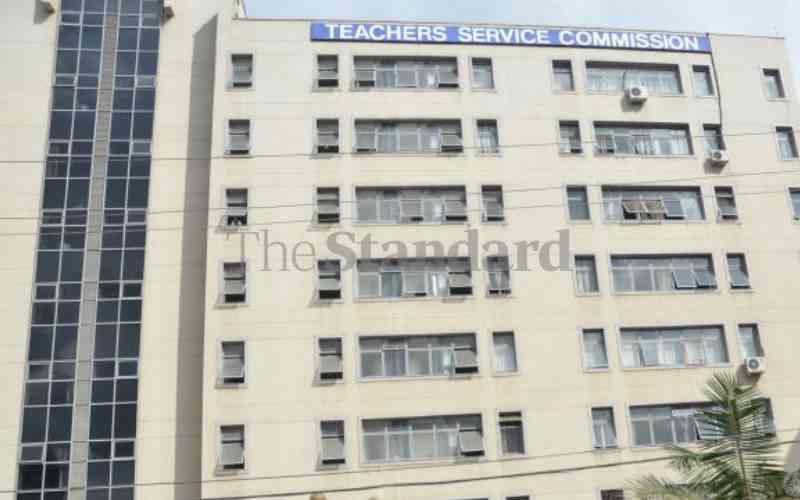×
The Standard e-Paper
Join Thousands Daily

An education taskforce has made radical recommendations to check the powers of the teachers' employer, support merger of universities and strengthen middle-level colleges.
The Standard has established that these are some of the recommendations made by the Presidential Working Party on Education Reforms in its second interim report.